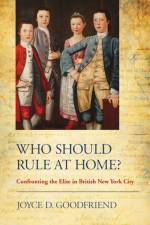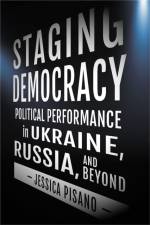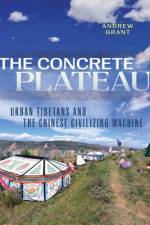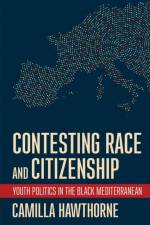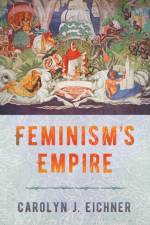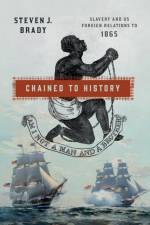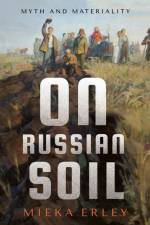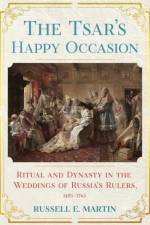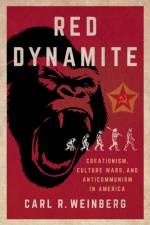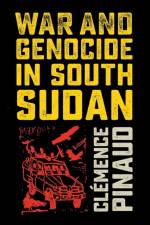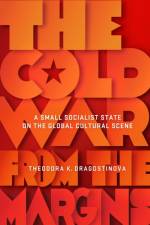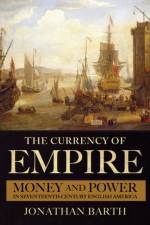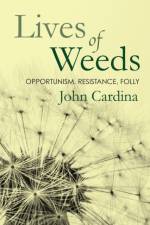av Jose Vergara
657
All Future Plunges to the Past explores how Russian writers from the mid-1920s on have read and responded to Joyce's work. Through contextually rich close readings, Jose Vergara uncovers the many roles Joyce has occupied in Russia over the last century, demonstrating how the writers Yury Olesha, Vladimir Nabokov, Andrei Bitov, Sasha Sokolov, and Mikhail Shishkin draw from Joyce's texts, particularly Ulysses and Finnegans Wake, to address the volatile questions of lineages in their respective Soviet, emigre, and post-Soviet contexts. Interviews with contemporary Russian writers, critics, and readers of Joyce extend the conversation to the present day, showing how the debates regarding the Irish writer's place in the Russian pantheon are no less settled one hundred years after Ulysses.The creative reworkings, or "e;translations,"e; of Joycean themes, ideas, characters, plots, and styles made by the five writers Vergara examines speak to shifting cultural norms, understandings of intertextuality, and the polarity between Russia and the West. Vergara illuminates how Russian writers have used Joyce's ideas as a critical lens to shape, prod, and constantly redefine their own place in literary history.All Future Plunges to the Past offers one overarching approach to the general narrative of Joyce's reception in Russian literature. While each of the writers examined responded to Joyce in an individual manner, the sum of their methods reveals common concerns. This subject raises the issue of cultural values and, more importantly, how they changed throughout the twentieth century in the Soviet Union, Russian emigration, and the post-Soviet Russian environment.




